Stadelman’s electronic stalking bill advances to House
- Details
 SPRINGFIELD – State Senator Steve Stadelman’s legislation aimed at combatting electronic stalking has successfully passed the Senate and advances to the House.
SPRINGFIELD – State Senator Steve Stadelman’s legislation aimed at combatting electronic stalking has successfully passed the Senate and advances to the House.
“Electronic stalking is a serious threat to the safety and well-being of individuals,” said Stadelman (D-Rockford). “It is incumbent on us to take meaningful action to address this issue.”
Electronic stalking, a form of harassment and intimidation facilitated through various digital platforms and communication channels, has become increasingly prevalent in today’s society.
Read more: Stadelman’s electronic stalking bill advances to House
Morrison measure to protect kids from harmful effects of nicotine passes Senate
- Details
SPRINGFIELD – Nicotine companies marketing to kids is nothing new but now they’re creating vapes that are designed to appear to be school supplies, like a highlighter. State Senator Julie Morrison passed a measure to prevent these products from being advertised to children.
“The dangerous and addictive nature of nicotine consumption is the reason I have taken a strong stand on this issue,” said Morrison (D-Lake Forest). “We should do everything in our power to make it impossible for children to obtain and conceal tobacco products.”
Educators have complained to the Illinois Department of Healthcare and Family Services about finding electronic cigarettes on school property that are designed to look like school supplies such as highlighters, erasers and pencil sharpeners. Senate Bill 2662 would prohibit the advertising, marketing or promoting of an electronic cigarette in a manner that is likely to cause an adult to mistake it for an object that is anything other than what it is, a tobacco product.
Read more: Morrison measure to protect kids from harmful effects of nicotine passes Senate
Loughran Cappel passes measure to ban shipping e-cigarettes
- Details
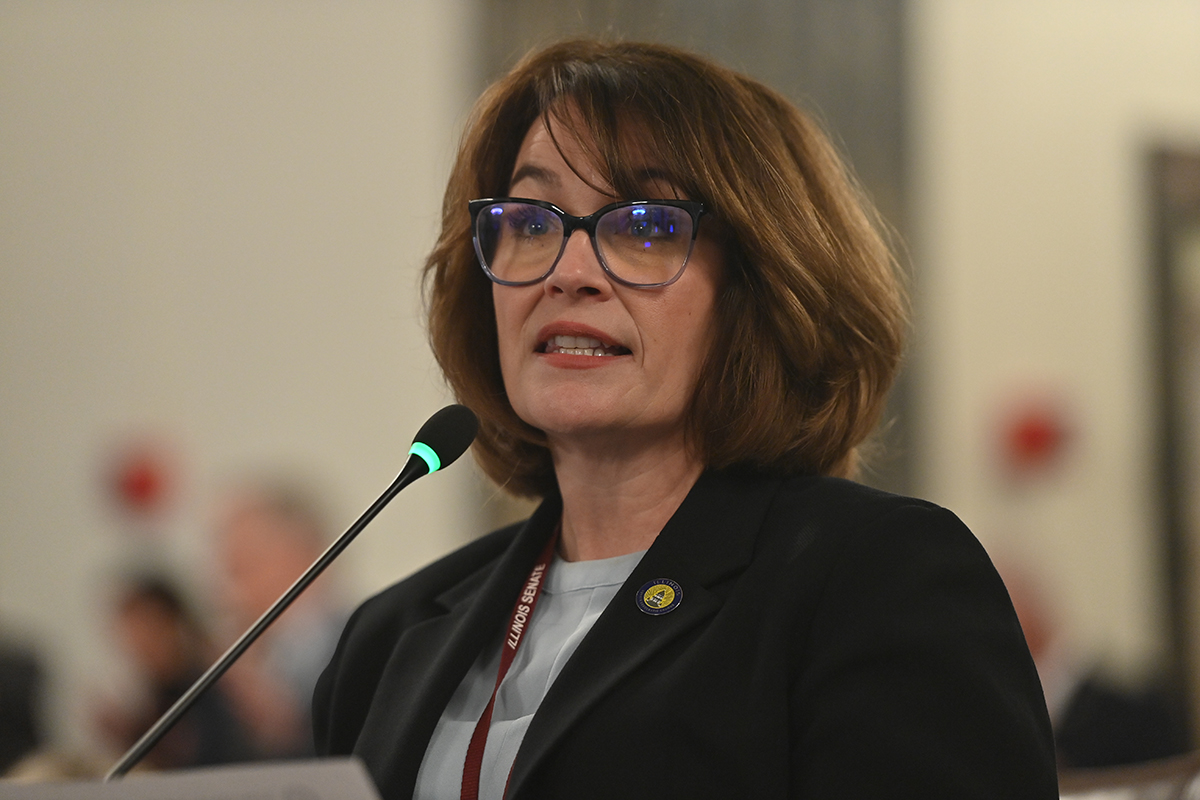
SPRINGFIELD – State Senator Meg Loughran Cappel championed a measure through the Senate that would protect youth from the dangers of vaping by prohibiting e-cigarettes from being shipped to anyone in the state.
“Students can easily buy e-cigarettes on the internet, including ones that look like school supplies,” said Loughran Cappel (D-Shorewood). “These vapes make it hard for teachers to decipher what it is. We have to take the necessary steps to protect our kids from the risks e-cigarettes pose on their health.”
Senate Bill 3098 would prohibit electronic cigarettes purchased by mail, online or through other remote sale methods from being shipped to anyone in the state other than a distributor or retailer. Loughran Cappel’s initiative comes in response to students obtaining e-cigarettes that are designed to look like everyday objects, such as highlighters.
Read more: Loughran Cappel passes measure to ban shipping e-cigarettes
Turner: Protections from funeral home negligence long overdue
- Details
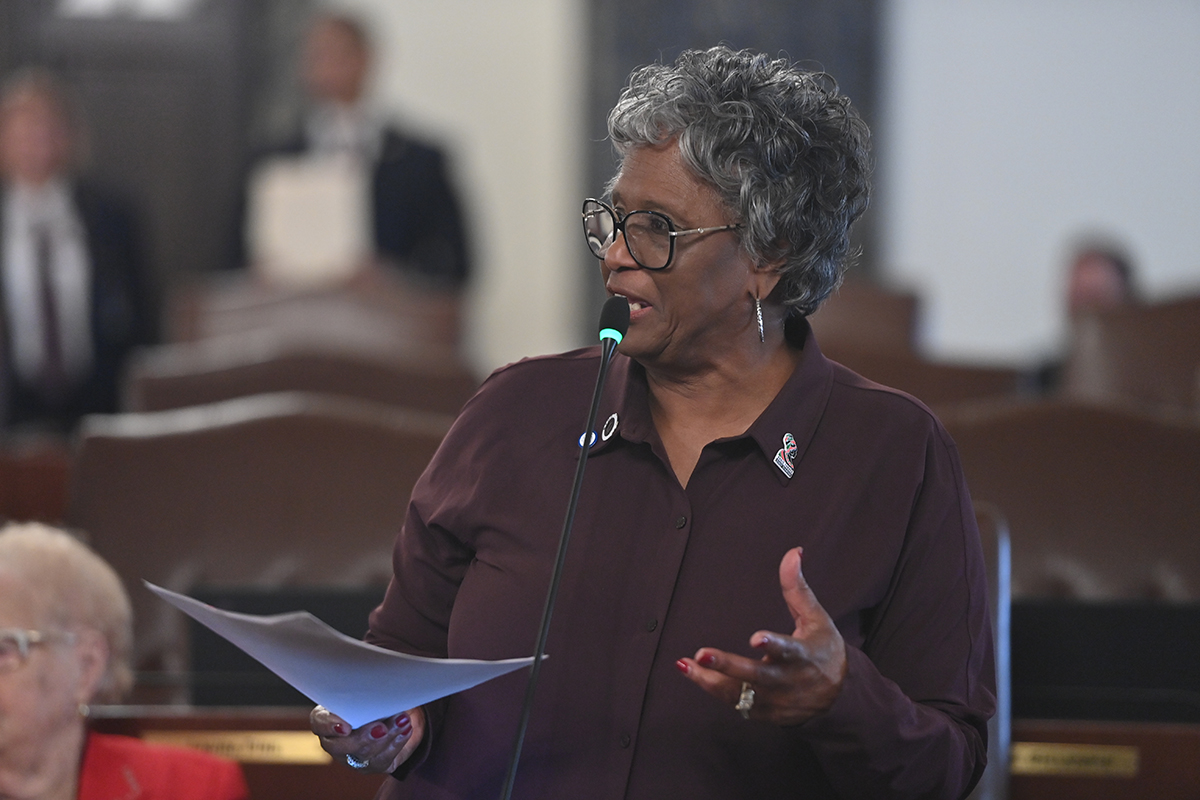 SPRINGFIELD – State Senator Doris Turner spearheaded a measure through the Senate that would hold funeral homes accountable by reestablishing integrity and trust in the death care industry. Her legislation, Senate Bill 2643, comes in response to a Carlinville funeral home insufficiently handling human remains, giving over 60 families the wrong remains.
SPRINGFIELD – State Senator Doris Turner spearheaded a measure through the Senate that would hold funeral homes accountable by reestablishing integrity and trust in the death care industry. Her legislation, Senate Bill 2643, comes in response to a Carlinville funeral home insufficiently handling human remains, giving over 60 families the wrong remains.
“The status quo isn’t working. Dead or alive, everyone deserves to be treated with dignity and respect,” said Turner (D-Springfield). “I’m committed to holding bad actors accountable. No family should receive the dreaded call that they were given the wrong remains.”
Senate Bill 2643 would add identification rules and regulations for the handling and storing of human bodies. When the Illinois Department of Financial and Professional Regulation receives a complaint, the agency would be required to inspect the premises within 10 calendar days.
Read more: Turner: Protections from funeral home negligence long overdue
More Articles …
Page 213 of 735



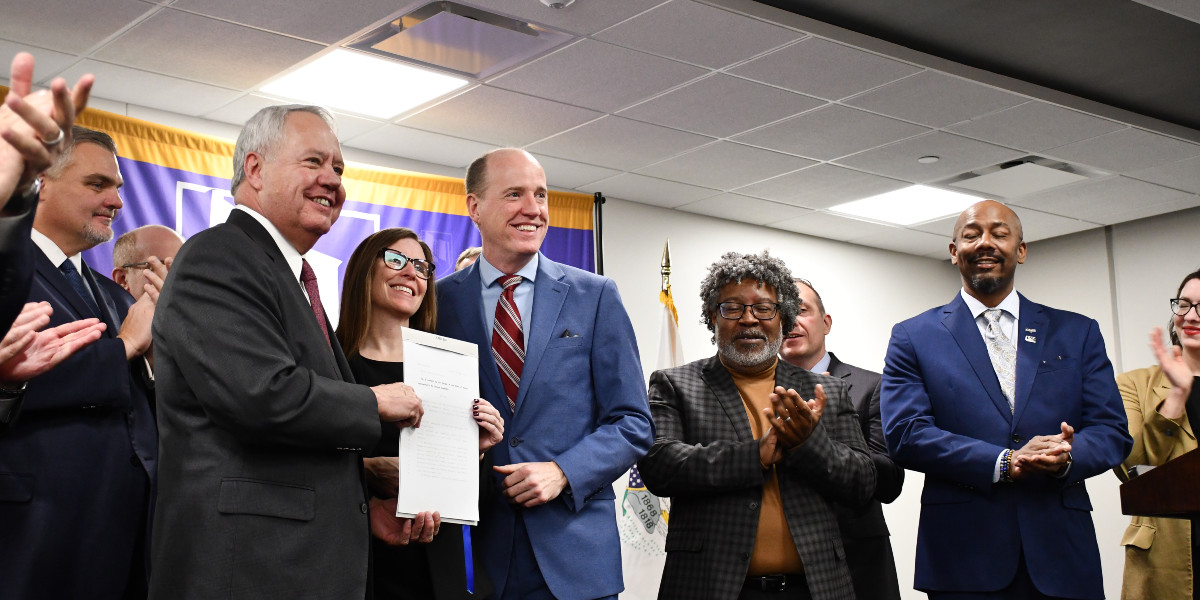

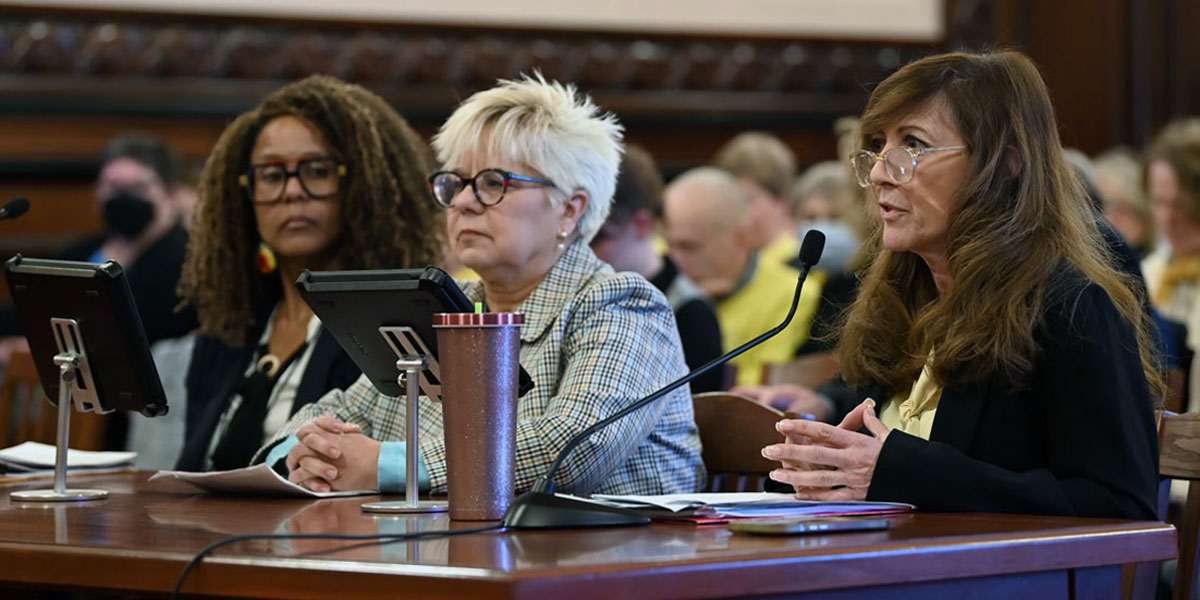
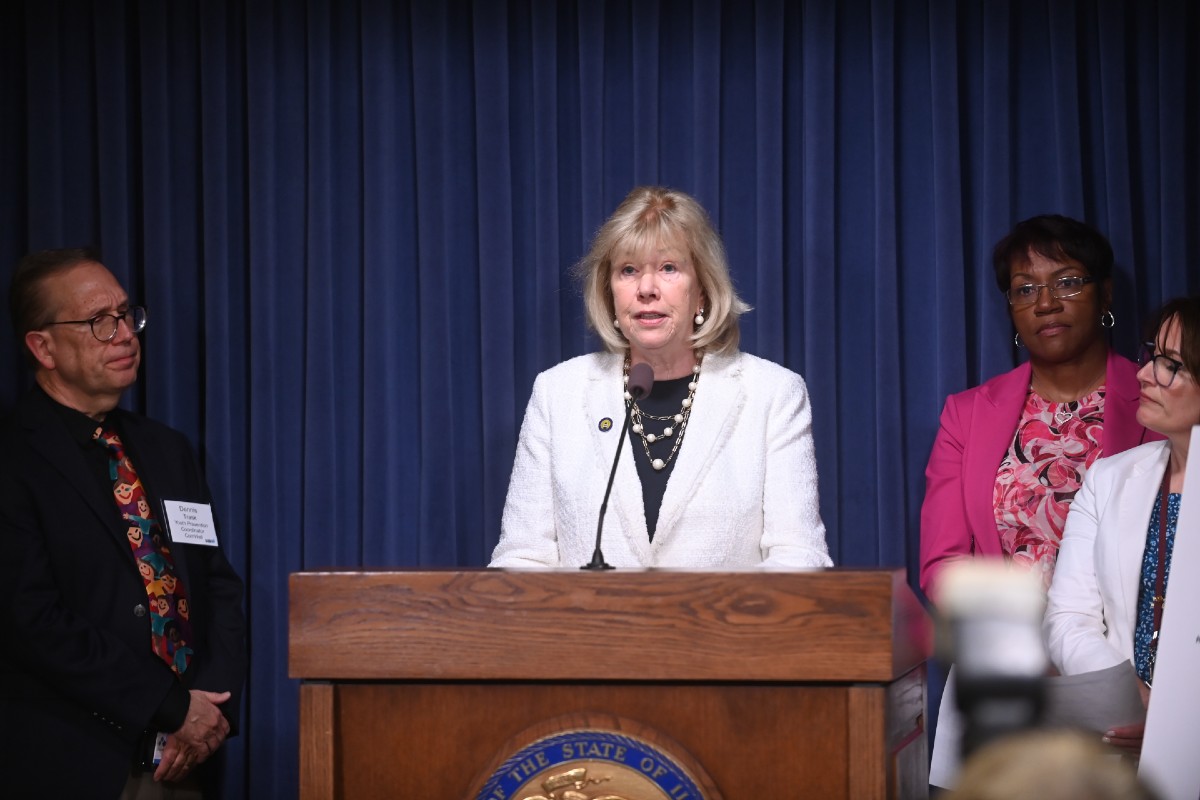


















 © 2026 Illinois Senate Democratic Caucus
© 2026 Illinois Senate Democratic Caucus